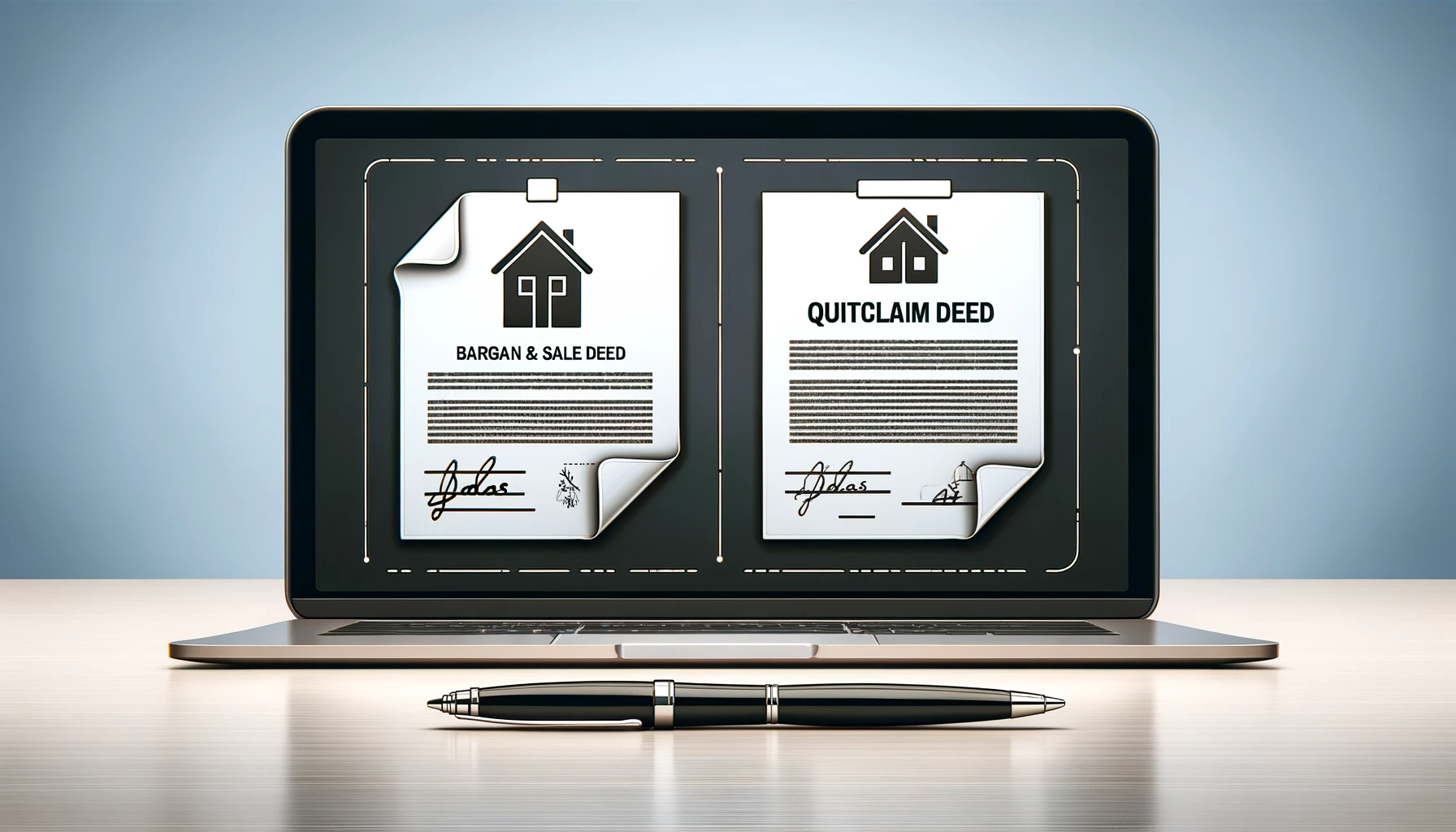Tag: legal guide
-

Can I Quitclaim My House Into a Living Trust?
We’re glad you asked. You might have heard that a living trust can… All of the above are reasons many people use this method of passing their property along after they die. And a home is a typical piece of property that people put into a living trust. Importantly, a living trust is a…


